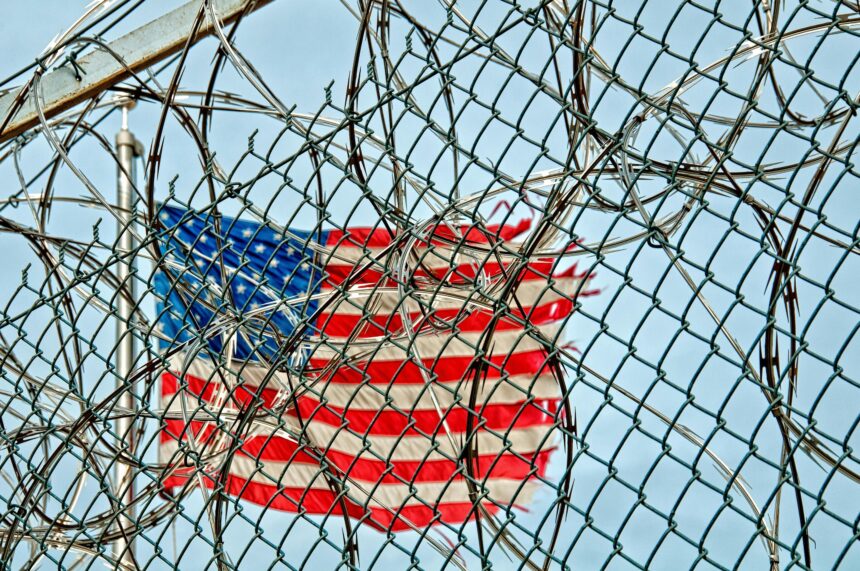The research conducted by West Virginia University has shed light on the negative intergenerational reproductive health effects stemming from the Japanese American detainment camps during World War II.
According to health economist Daniel Grossman, women who were likely incarcerated in the camps as children went on to give birth to less healthy babies compared to Asian American women who were not incarcerated. Grossman, an associate professor of economics in the WVU John Chambers College of Business and Economics, found that Japanese American mothers born up to a decade after the camps closed were more likely to experience poor outcomes such as low birth weights for their children.
The findings, published in the Journal of Public Economics by Grossman and his co-authors, highlight the long-term health effects of in utero and early life shocks, as well as the ongoing repercussions of events like forced migrations.
Grossman emphasized that the incarceration of individuals of Japanese ancestry during World War II had lasting negative consequences on both the directly affected individuals and the next generation. The study revealed that more babies with low birth weights were born to women incarcerated in the camps compared to non-incarcerees, indicating a 15% increase in the likelihood of low birth weight babies.
The research delved into the conditions faced by Japanese Americans in the detainment camps, where they endured harsh living conditions including dust storms, extreme temperatures, inadequate food supplies, and regular epidemics of diseases. These conditions likely contributed to weakened reproductive health among the incarcerated individuals.
The forced displacement of over 110,000 Japanese Americans from their homes to the prison camps, under the guise of national security concerns, had a profound impact on their health and well-being. While the majority of individuals of Japanese ancestry residing in the continental U.S. were removed from their homes, the Japanese population in Hawaii was largely spared from mass incarceration due to concerns about disrupting the local economy.
Grossman’s research compared Japanese American mothers born on the West Coast before 1946, who were likely incarcerated in camps as children, to a comparison group of Japanese American mothers from Hawaii who were not incarcerated. The study found that babies born to mothers incarcerated in the camps were on average lighter in weight compared to babies born to non-incarceree mothers.
The study also highlighted the long-lasting effects of forced migration on the health outcomes of subsequent generations. The trauma, loss of assets, and displacement experienced by Japanese Americans during the resettlement period contributed to negative reproductive health effects among mothers born between 1947 and 1956.
Overall, the research underscores the importance of understanding the intergenerational health effects of traumatic events like forced migrations and incarceration. By examining the impact on reproductive health outcomes, the study provides valuable insights into the lasting repercussions of historical injustices on future generations.








